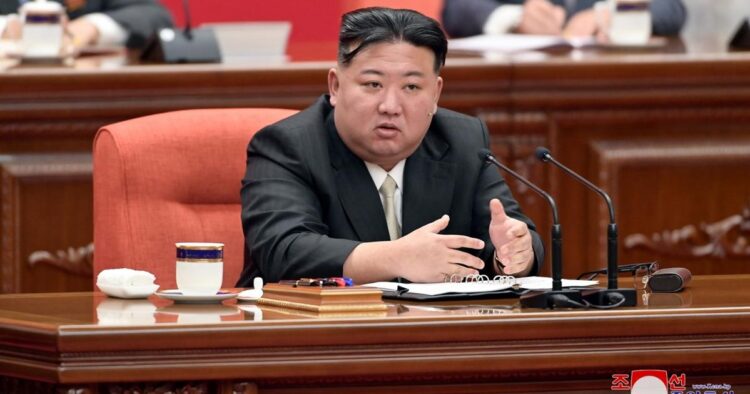Leaders of Japan and North Korea are edging closer to a historic meeting aimed at thawing decades of icy relations. Japanese Prime Minister Fumio Kishida expressed his desire to hold a summit with North Korean leader Kim Jong Un, personally overseeing discussions with Pyongyang.
This potential meeting would mark the first between the leaders since 2004 when former Japanese Prime Minister Junichiro Koizumi persuaded Kim Jong Il to release Japanese nationals abducted by North Korean spies.
Kishida and Kim hope to secure concessions to bolster their political standing, though analysts warn of hurdles to clear before a face-to-face meeting.
Kishida aims to address the fate of Japanese nationals kidnapped by North Korea in the 1970s and 1980s, with 12 officially listed as still held captive, though campaigners claim the number exceeds 100. A breakthrough on this issue could boost Kishida’s popularity ahead of an upcoming general election.
A potential summit could facilitate direct communication between Tokyo and Pyongyang, offering insight into North Korea’s nuclear and missile programs.
Robert Dujarric of Temple University suggests Kishida could gain diplomatic traction on the global stage, diverting attention from domestic financial scandals.
Families of the abducted Japanese citizens support Kishida’s efforts, willing to see sanctions lifted if it leads to their relatives’ return.
North Korea’s motives include hoping for improved relations with Japan to potentially lift Japanese sanctions, easing restrictions such as allowing a ferry service between Wonsan and Niigata.
There’s speculation that North Korea aims to drive a wedge between Japan, South Korea, and the US, possibly causing distrust in Seoul.
To alleviate concerns, Kishida may need to reassure South Korean President Yoon Suk-yeol of Japan’s commitment to trilateral security cooperation.
The US has expressed openness to Japan-North Korea dialogue, despite previous rebuffs from Pyongyang.
Kim Yo Jong, Kim Jong Un’s sister, signaled North Korea’s willingness for talks with Japan, though indicating that contentious issues like abductions and nuclear weapons wouldn’t necessarily hinder improved relations.
While both sides express eagerness for a leader-to-leader meeting, skepticism remains regarding the likelihood of a breakthrough, given existing distrust and conflicting interests.
In summary, the potential summit represents a significant opportunity for diplomatic progress between Japan and North Korea, though challenges persist on the path to reconciliation.

















Comments